Allow case insensitive search via FilterXML
Just as helpful extension to Harun24HR 's FilterXML() solution, you may use the XMLDom function Translate() within the XPath expression to define a node value output as lower (or upper) case.
a) To find not only the lower-cased string cold, but also Cold (Camel-cased) it would suffice to include
a translation pattern "change any character within the current node . equalling uppercase C to lowercase c" via "//s[contains(translate(.,'C','c'), 'cold')]"
=TEXTJOIN(". ",TRUE,FILTERXML("<t><s>"&SUBSTITUTE(A1,".","</s><s>")&"</s></t>","//s[contains(translate(.,'C','c'), 'cold')]"))
Alternatively you might include an or condition to the XPath expression:
=TEXTJOIN(". ",TRUE,FILTERXML("<t><s>"&SUBSTITUTE(A1,".","</s><s>")&"</s></t>","//s[contains(., 'cold') or contains(.,'Cold')]"))
b) Allow completely case insensitive search
To include also COLD or mixtures like cOLd you'd have to list all needed characters via translate(.,'COLD','cold'); if more than a few
it's preferrable to alphabetisize (see 2nd formula):
=TEXTJOIN(". ",TRUE,FILTERXML("<t><s>"&SUBSTITUTE(A1,".","</s><s>")&"</s></t>","//s[contains(translate(.,'COLD','cold'), 'cold')]"))
=TEXTJOIN(". ",TRUE,FILTERXML("<t><s>"&SUBSTITUTE(A1,".","</s><s>")&"</s></t>","//s[contains(translate(.,'CDLO','cdlo'), 'cold')]"))
